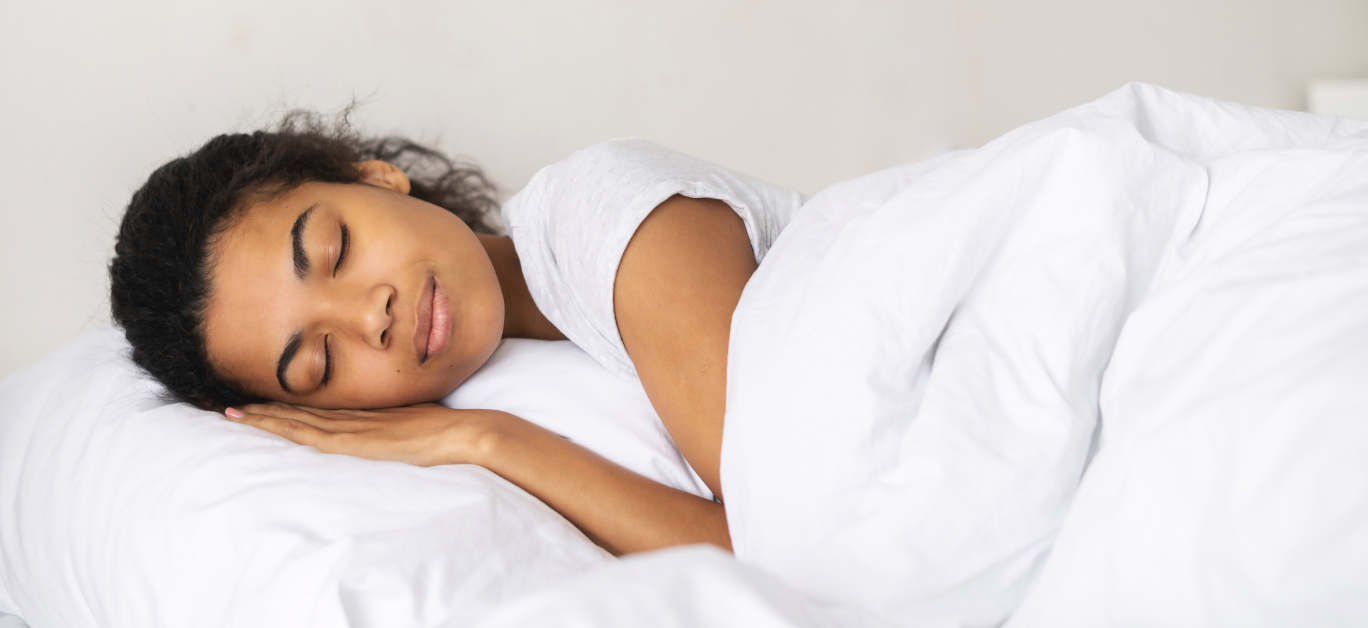Struggling to get a good night’s shut-eye? You’re not alone, as an increasing number of UK adults are reporting insomnia, disrupted sleep and mild deprivation. Already a pressing issue that can prove detrimental to our health and wellbeing, the events of the past year and a half have no doubt exacerbated things even further, with the stress of the ongoing pandemic keeping more of us awake at night than ever.
A lack of sound sleep at night has been shown to result in a reduction in energy levels and productivity during the day, and there could also be long-lasting consequences including a deterioration in mental health. According to statistics, as much as 54 per cent of the global population has suffered – or currently suffers – from insomnia or other sleep disorders that affect their wellbeing.
But the good news is that you don’t have to suffer any longer, as there are some simple ways to ensure you’re getting in that much-needed quality rest. Here, we take a look at seven of the easiest to implement tips to help you get your recommended eight hours in tonight – so easy, in fact, that you’ll wonder why you didn’t try them sooner.
Add CBD to your evening routine

Multiple therapeutic solutions have received support when it comes to improving sleep quality and regularity, and CBD-based products have been making waves in the health and wellness industry of late thanks to their ability to ease stress and anxiety and help users to drift off more easily. By helping the brain’s neural receptors to do a better job while assisting both the limbic and nervous systems in preparing to wind down, many regular users now swear by this potent tonic when it comes to improving their shut-eye – simply place a few drops of a tincture under your tongue before bed, then follow a good sleep hygiene routine for optimum results.
Reduce the use of mobile phones before sleeping
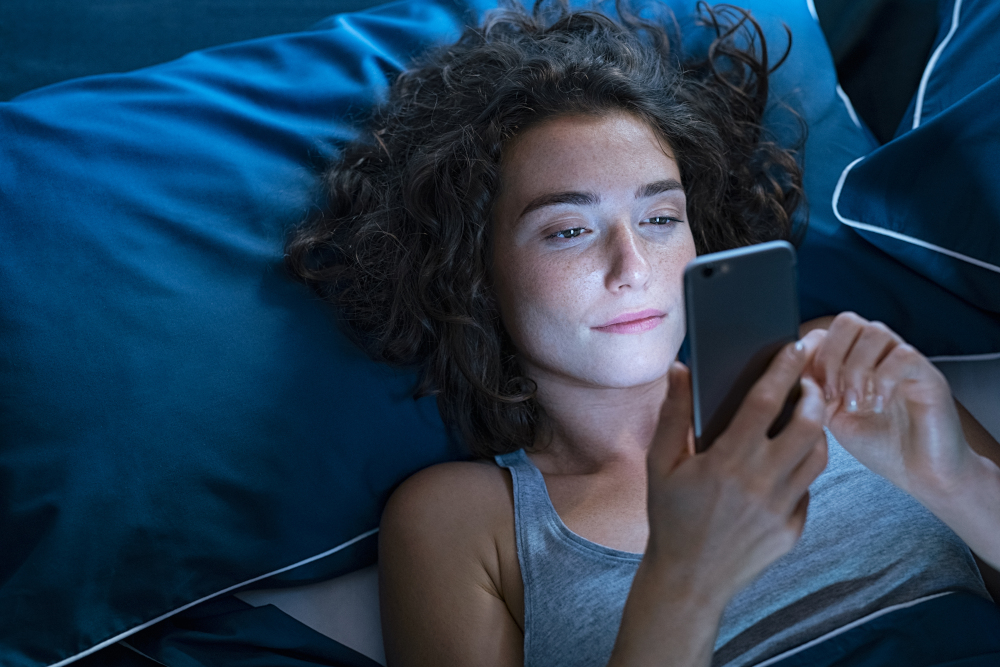
Exposure to blue light has been shown to upset our natural circadian rhythm – that is to say, it inhibits the body’s ability to regulate when it is time for wakefulness and sleep. But it’s not just the blue light that is an issue; using your phone to chat, watch videos, and attend to work matters late at night also tends to stimulate brain activity and prevent you from relaxing, which means, all in all, your mindless nightly scrolling could well be one of the biggest culprits when it comes to not getting enough quality sleep.
Turning off your smartphone and other electronics at least an hour before bed can make a world of difference, and cosying up with a good book to distract you from your lack of screen time will help you to wind down much more efficiently.
Avoid high-impact exercise routines close to bedtime
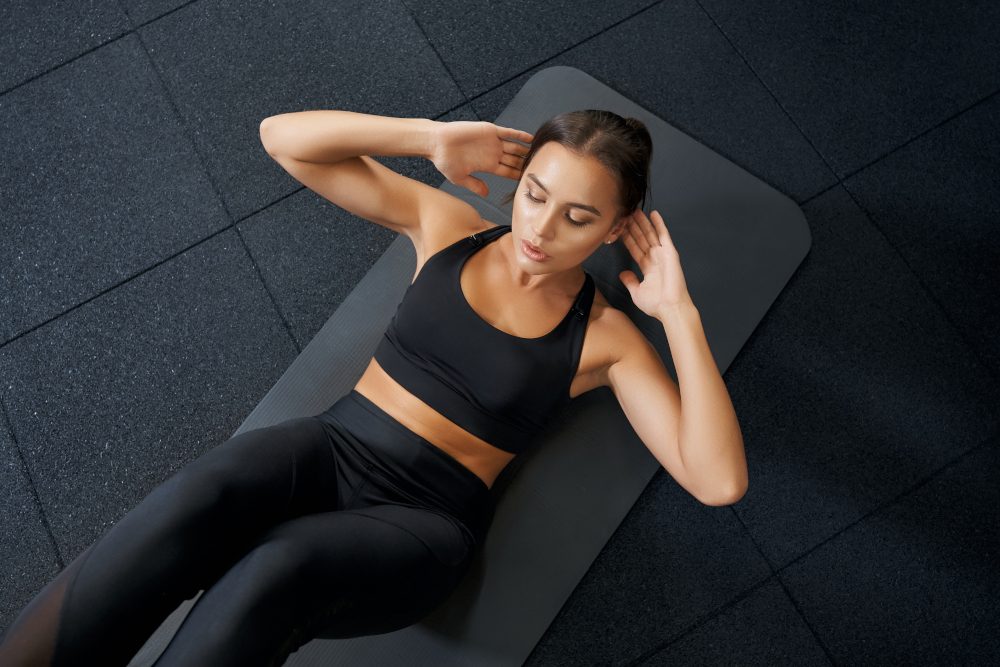
Another no-no for people who find it hard to drift off is engaging in high-impact physical exercises before bedtime, as this kind of high-intensity training leads to increased blood pressure and elevated levels of cortisol – exactly the opposite of what you need when trying to switch off and go to sleep.
While many believe that the physical exertion and resulting fatigue will make it easier to get to sleep, sadly this isn’t the case – so keep HIIT sessions to earlier in the day, and opt for some gentle yoga or stretching in the evenings if they are your preferred time to get in some movement.
Schedule your sleeping time
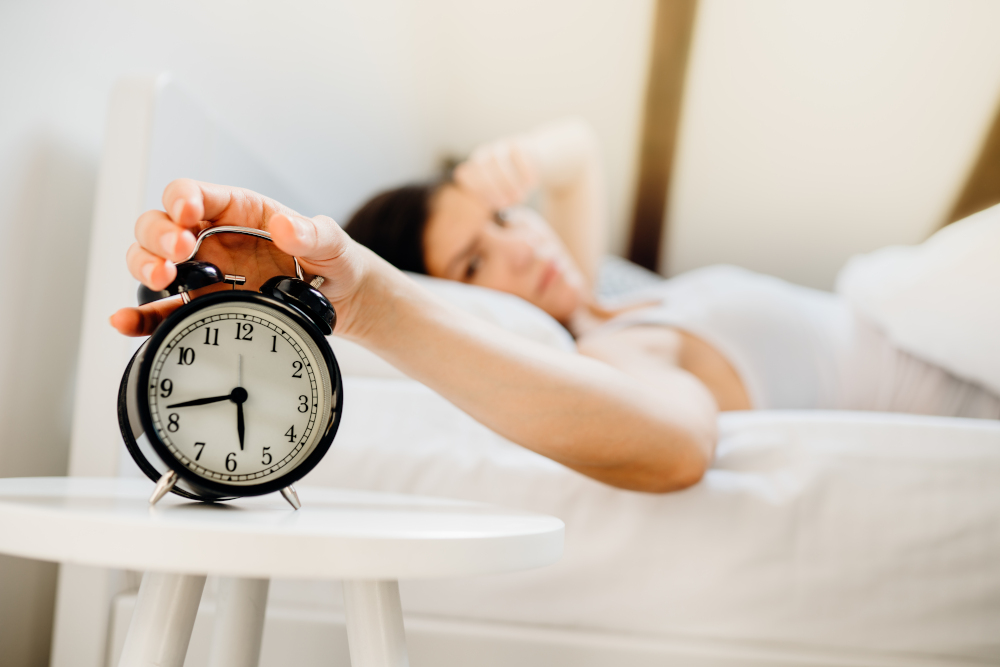
Building and sticking to an evening routine is essential if you’re regularly having trouble getting to sleep, as your brain will grow accustomed to relaxing and reducing neural activity once you train it accordingly. If you manage to go to bed every day by 9pm for at least three weeks, that habit will train your brain to relax your body and muscles every day at that same time. Try to ensure that you wake up at the same time each morning, too – even on the weekends – as the more regular your routine, the more restful your sleep will be, and the more energised you’ll feel as a result.
Turn out the lights
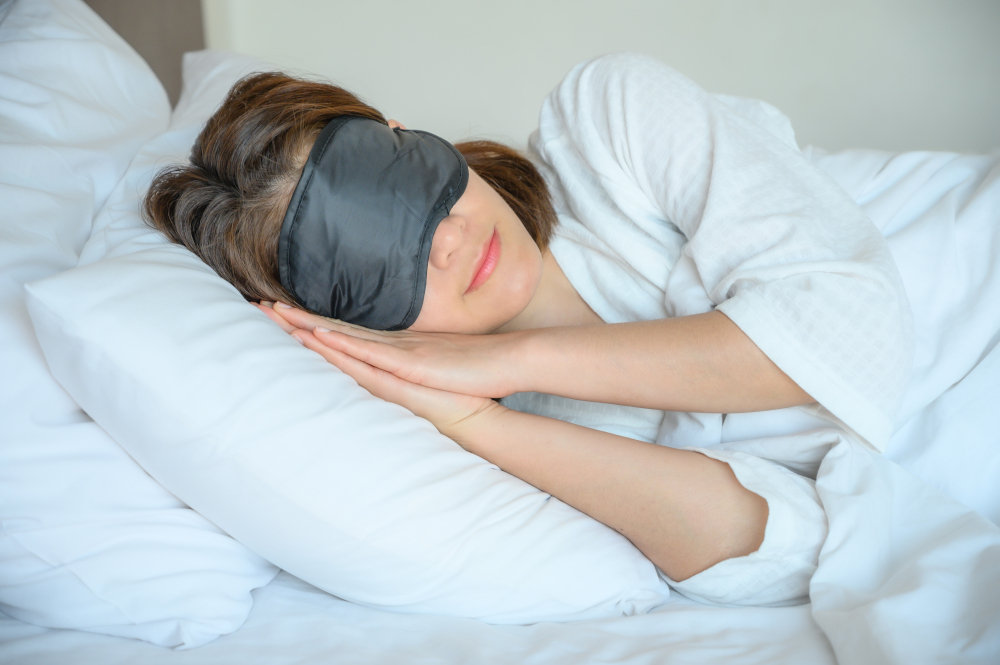
Leaving the lights on while sleeping is a bad idea, so be sure to turn off any sidelights, lamps and night lights, as well as the lights in the hall outside. If your window is close to a streetlight, then invest in some quality black-out curtains to block out their rays – complete darkness stimulates specific hormones like melatonin that are necessary for sleeping, and without it, you could find yourself lying awake for longer than you’d like.
Reduce your caffeine consumption
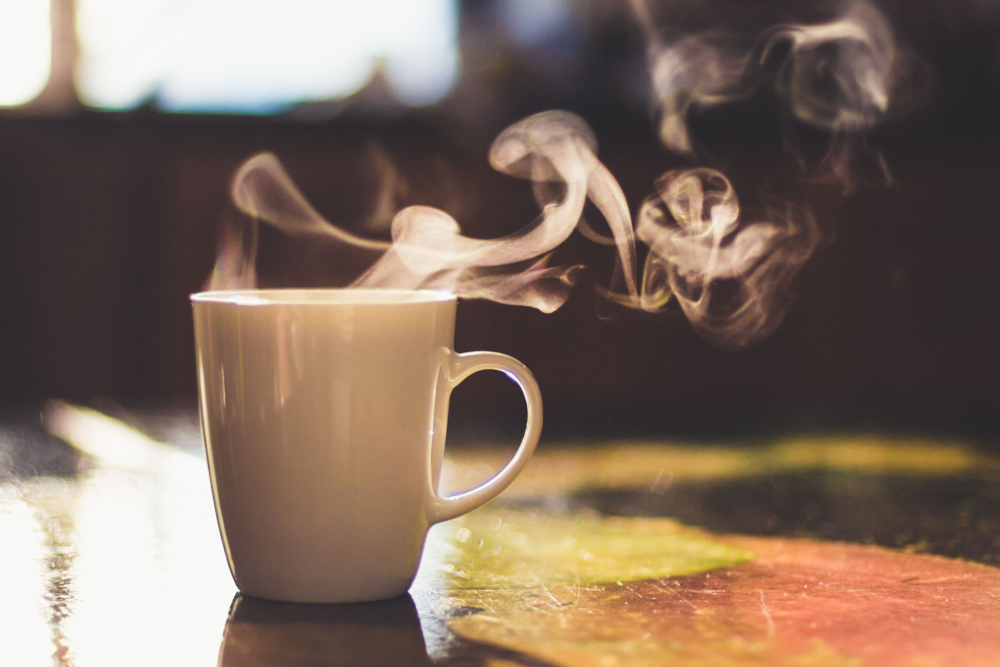
Coffee is a natural stimulant, so it’s wise not to consume this substance within a few hours of going to bed. Coffee accelerates your cardiac rhythm, increases your state of alertness and concentration, and contracts your brain’s blood vessels – all reactions that complicate the process of relaxing and drifting off to sleep. This can leave you feeling anxious and on edge, and is a common culprit of insomnia, so switch to decaf for at least four to five hours before bedtime, or better yet, switch to a gentle herbal tea blend instead.
Make the most of technology to enhance your sleeping routine
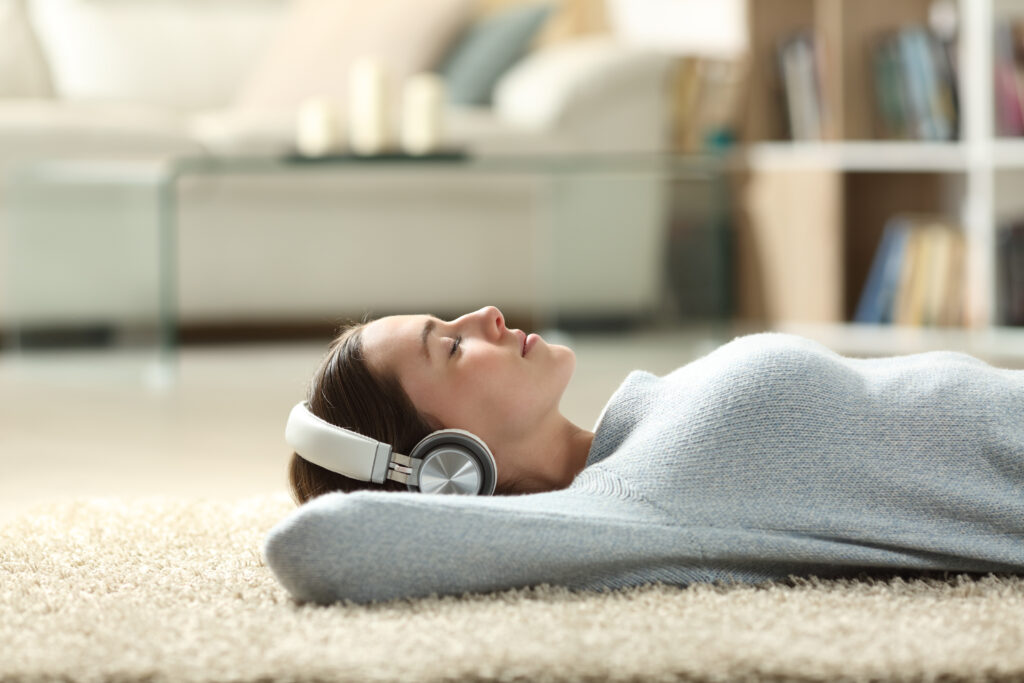
Music can play an important role when it comes to your nightly sleep routine and can make falling asleep that little bit easier. Meditation experts have developed deep-sleep sounds that help the brain in generating alpha waves, instigating deep relaxation, and accompanied by night-time breathing and meditation exercises, they can be a complete game changer.
If you have trouble quieting your mind for sleep, then download a meditation app or search on YouTube for a night-time sequence. Just ten minutes is often enough to send you off into the land of nod, no tossing and turning necessary. There are also apps like ShutEye.ai, which uses AI to monitor and enhance sleep patterns and can offer much-needed support to those suffering from poor sleep quality.
The bottom line
Improving the quality of your sleep as well as the number of hours you invest in resting at night is a great goal that will likely lead to many health and wellbeing benefits. No longer will you find yourself lying awake for hours or having to scrape yourself out of bed in the morning, and will soon be enjoying an increase in energy and productivity levels instead.
When it comes to our overall health, few things are more important than getting a good night’s shut-eye – so make it a priority this summer and you’ll be thanking yourself for it in years to come.












